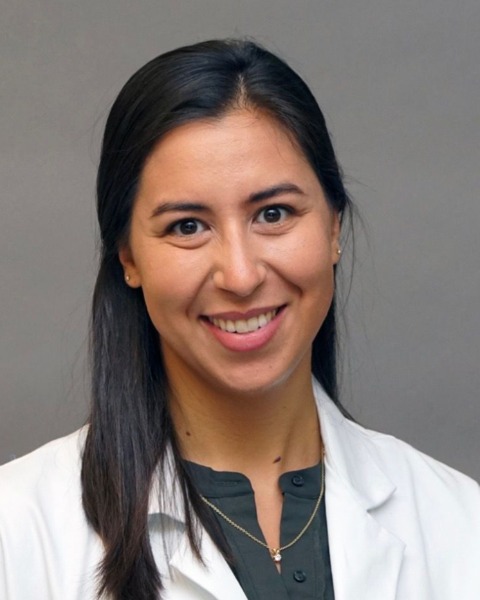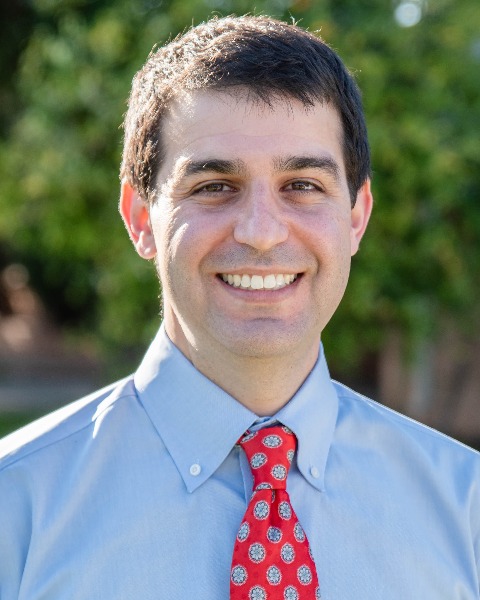Healthcare Policy/Economics
Poster Session 4
(1148) Politics v. Applicants: Effects of the Roe v. Wade overturn on prospective MFM fellowship applicants

Megan M. Smith, MD (she/her/hers)
Women & Infants Hospital of Rhode Island, Warren Alpert Medical School of Brown University
Providence, RI, United States
Adam K. Lewkowitz, MD, MPH
Assistant Professor
Warren Alpert Medical School of Brown University, Women & Infants Hospital Rhode Island
Providence, RI, United States- DB
Dayna Burrell, MD
Residency Program Director
Warren Alpert Medical School of Brown University, Women & Infants Hospital Rhode Island
Providence, RI, United States
Primary & Presenting Author(s)
Coauthor(s)
The overturn of Roe v. Wade continues to have a dramatic effect on MFM clinical practices, especially in abortion restrictive states. We aimed to assess how the overturn of Roe v. Wade affected application decisions of prospective MFM fellowship applicants.
Study Design:
This is a cross-sectional survey distributed to prospective MFM fellowship applicants in the 2023 application cycle. A survey link was sent to US residency program directors to distribute to senior residents planning to apply into MFM in the 2023 application cycle and circulated electronically to all SMFM members in March 2023. The dual primary outcome was whether the overturn of Roe v. Wade affected the number and geographic distribution of MFM programs to which the applicants planned to apply. Secondary outcomes included applicants’ desires to receive dilation and evacuation (D&E) training during MFM fellowship. In the past five years, 153 to 192 residents applied to MFM fellowship per cycle. Assuming a 60% response rate, we aimed to survey 100 prospective applicants. Anonymous survey data without participant identifiers was collected; thus a waiver of consent from our institution’s IRB was obtained.
Results:
Among 37 responders, most identified as women (83.8%) and white (73.0%). The majority of survey participants were from the Midwest (41.7%) or the Northeast (36.1%). The majority of participants planned to apply to the same number of programs (64.9%), but 67.6% of participants planned to apply to fewer programs located in abortion-restrictive states and 97.3% of participants planned to apply to the same or more programs in abortion accessible states. A large majority of participants (86.5%) were interested in receiving D&E training during fellowship.
Conclusion:
Though the low survey response rate introduces risk of selection bias, the overturn of Roe v. Wade has affected how prospective MFM fellowship applicants plan to apply. Given that most respondents desired D&E training during MFM fellowship, applicants may disproportionately avoid seeking training in abortion restrictive states.

